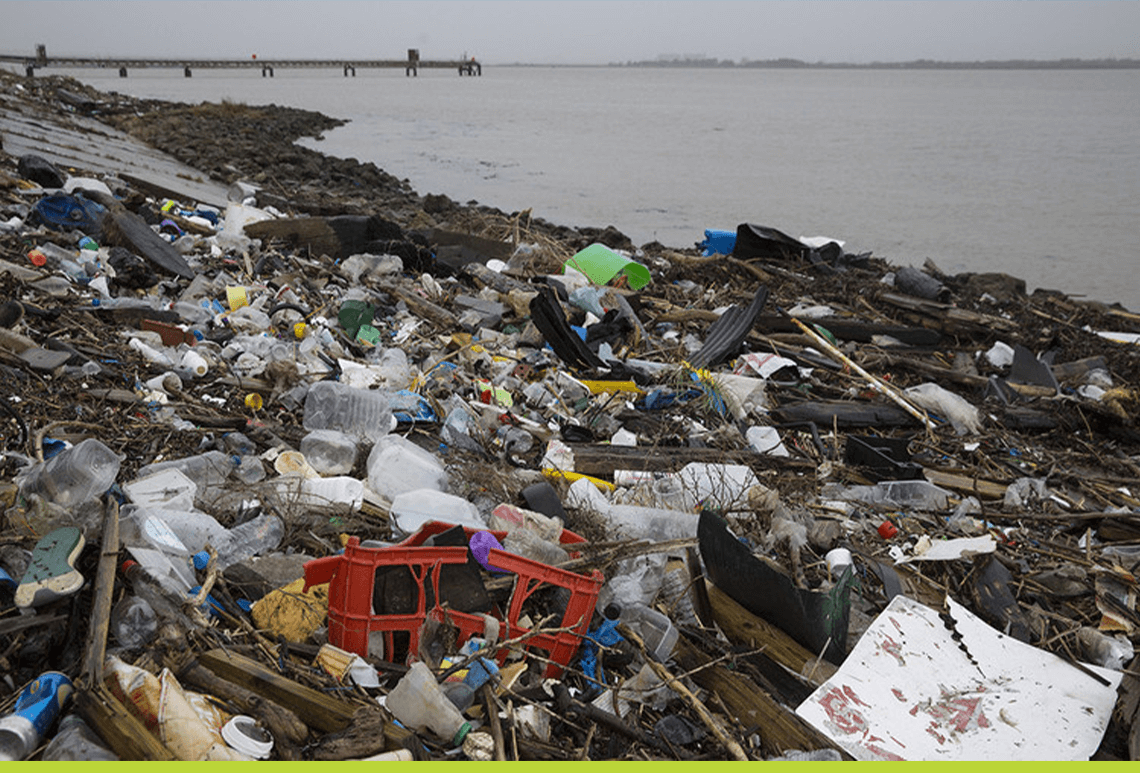A PLASTIC SPLIT — The U.S. was at odds with many of its major allies over plastics policy even before negotiators arrived in Uruguay for the first round of talks on a global plan for curbing pollution.
Now the rubber is meeting the road.
There is a sense of urgency around the discussions, since negotiators have said they want to hammer out a deal by the end of 2024. African and Pacific island nations in opening remarks stressed the need for consistent, stable funding to implement a treaty, while also pointing out that plastics is yet another area where the brunt of pollution is falling disproportionately on countries that are not major producers.
A major obstacle on the path to consensus is a split among nations that mirrors deep divisions between companies and campaigners over how to address the problem.
According to a document seen by POLITICO, the State Department favors allowing nations to set their own action plans, dismissing the notion that there can be a “one-size-fits-all approach.” That view has the enthusiastic backing of the U.S. chemicals lobby but isn’t finding much support among other countries.
The rival “High Ambition Coalition” advocates a more top-down approach that uses “bans and restrictions” to eliminate “problematic plastics” along with global baselines and targets. More than 50 nations have signed on to that approach, including the EU, U.K., Canada and Australia.
Monica Medina, the State Department’s assistant secretary for oceans and international environmental and scientific affairs, said the U.S. is “working hard to build our coalition,” but no countries have publicly signed on so far.
Though no major decisions are likely to be decided at this week’s round talks, the U.S.-EU divisions are something to watch. Medina said a top priority for her is getting agreement on America’s preferred approach…







